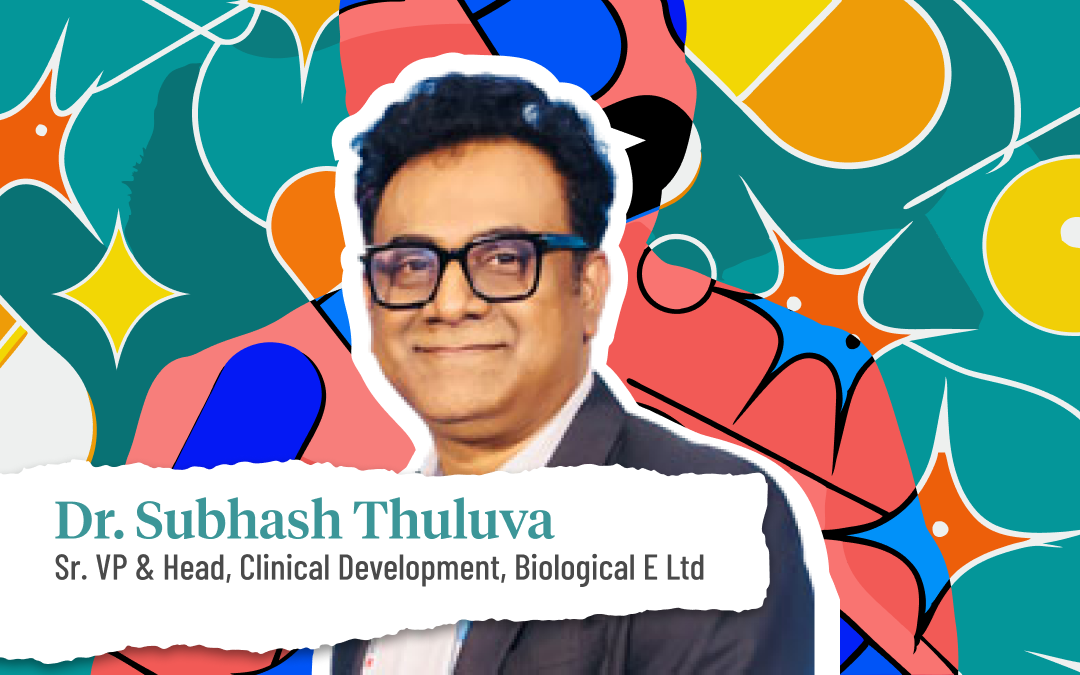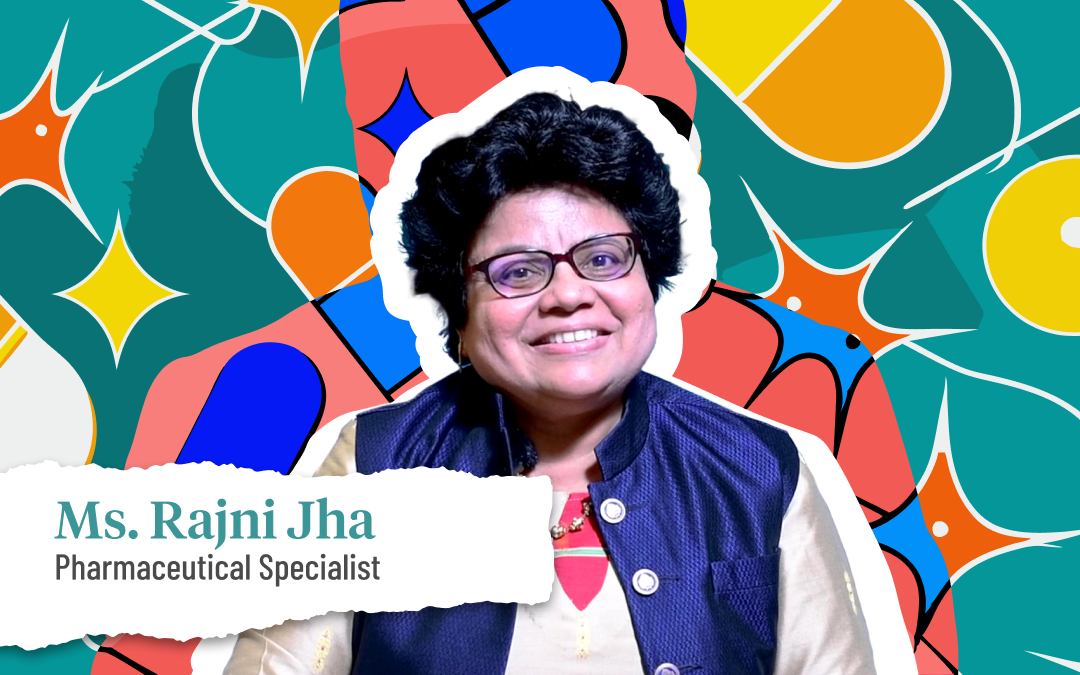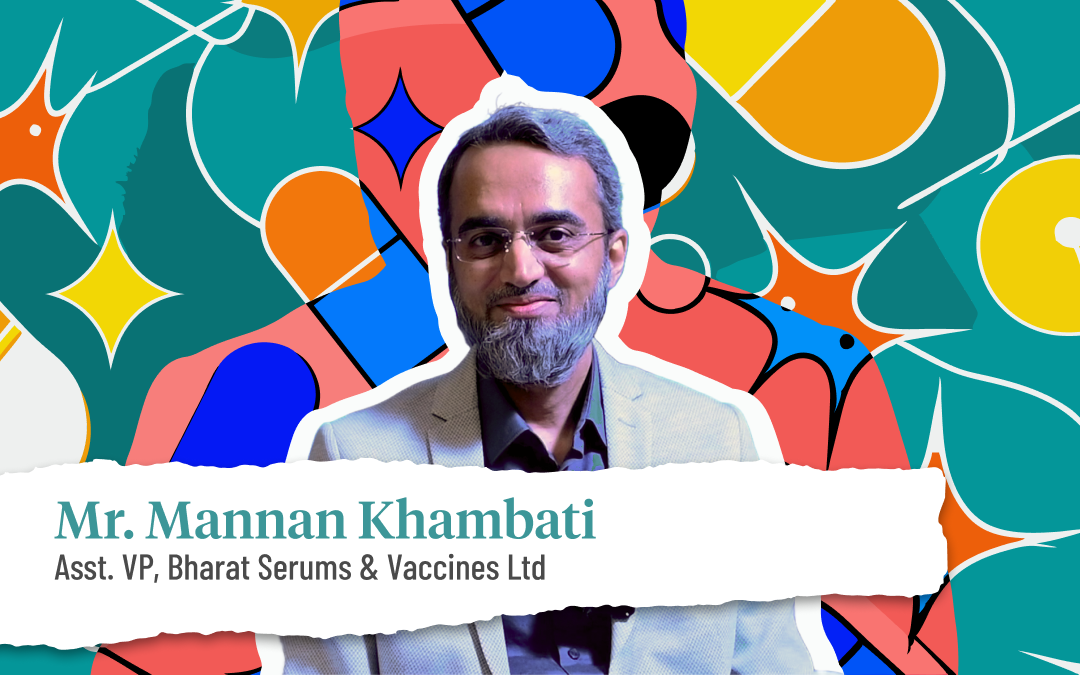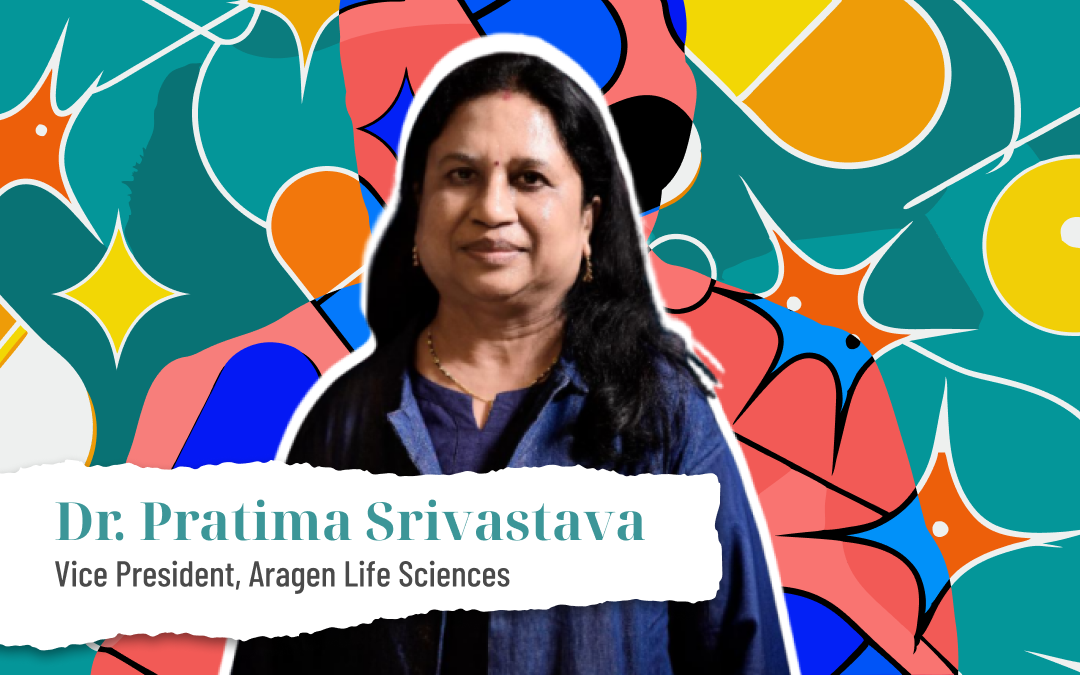QnA
Interview | July 17, 2025
Dr. Rajesh Bhattacharjee is the Global Head of Learning & Development at FDC Ltd., where he designs and drives comprehensive training strategies across commercial, R&D, manufacturing, leadership, and technical domains. With roots in pharmaceutical sales, he transformed his career into L&D leadership, bringing a practitioner’s understanding to capability-building. At FDC, he pioneered the PAC (Prospective–Augmentative–Curative) training model and emphasizes data‑driven Training Needs Analysis to deliver impactful learning interventions. Under his stewardship, FDC’s learning culture spans multiple continents and functional silos—earning the organization recognition for training innovation and strategic talent development.
Pharma Now: Welcome to Pharma Now. We have a training head from FDC Limited. You may not be aware of the brand, but you might recognize it as Electral, as everyone drinks it. We have the training head of FDC Limited, Mr. Rajesh Bhattacharjee. Welcome, Mr. Rajesh, to the show. Thank you so much for giving your time. I know you always keep running here and there, but thanks a lot for coming on the show.
Mr. Rajesh: Thank you so much for having me. It means a lot.
Pharma Now: So, Rajesh, in this episode, I certainly wanted to explore the various trends that are happening in training and learning models in pharma. And I heard you have vast experience, right from sales. I think you spent your initial years in sales and then moved to training. Today, you are a global trainer. You are certified by U.S. trainers, certified by Australian trainers, and you’re doing a really wonderful job. But before that, I really want to go back and would like you to shed some light on your career journey—how you started your career and how you became the training head for a company like FDC.
Mr. Rajesh: Well, thank you so much for your kind words. It means a lot. Everybody intends to become more learned as their journey progresses. I’ve always kept learning and have never stopped. Now, coming back to the start, it was 1997 when I finished my B. Pharmacy from Bangalore University. There was a dilemma at that point—whether to enter production in the manufacturing sector or move into sales and marketing. I was influenced by my seniors who were already in sales and marketing. They would always say, "Rajesh, if you go into sales and marketing, promotions are faster. You can earn a lot of money," which, by the way, I could never earn—different story. But in general, people believed there was more money and faster growth in sales.
So I got hooked on the idea. Incidentally, I received three job offers at the same time. I asked my father what to do, and he said, "Pick any one." I initially joined a very good company called Intas in Bangalore. I also started field training, roaming around Bangalore as a pillion rider on a manager’s bike. He was the first person who showed me how promotional calls happen in a doctor’s clinic.
But within a week, I dropped the idea of continuing with Intas and chose to join Win Medicare—the Betadine company—because I got posted in Mysore. The cost of living there was much less compared to Bangalore, and I felt the package I received would suit me better. The third company had a headquarters in Hyderabad, and I never wanted to go there. I was already familiar with Kannada culture in Bangalore, so I chose to stay.
Pharma Now: That was actually my question, because I believe you’re from Tripura, right? For someone from Tripura, a North-Eastern state, going all the way to Mysore and doing sales work, is surprising. But now it’s clear.
Mr. Rajesh: My regional manager and my first area managers, who are still my mentors and Facebook friends, often recall how I picked up Kannada within six months. I can speak Kannada and understand it fully. A Bengali guy in Mysore, which is more conservative compared to cosmopolitan Bangalore, had to adapt. To connect with doctors, stockists, and chemists, I had to learn the language. Not everyone picks it up, but I have a flair for learning languages. That helped me greatly in the advanced stages of my career.
Since I’m from Agartala in Tripura, I requested my organization, Win Medicare, to transfer me to the Northeast because my father was unwell. They were kind enough to do so. Later, I joined Glenmark as a Team Leader. I led a team across the Northeast—covering all seven states. I learned a lot about managing people, the art of converting customers.
At that time, Glenmark’s Northeast division wasn’t even on the national radar. It bothered me a lot. During cycle meetings, they would show national data but exclude our region. So, we decided to perform so well that they would be forced to show our data. From my second year as Team Leader, our performance finally got recorded. That’s a big motivation even today.
During my time at Glenmark, I got married and had a son. When he was three months old, I got a call from Mumbai. Shifting from Guwahati to Mumbai with a newborn was a big task. My wife was working in Revlon as a QC personnel. But she agreed to give up her job and said, "Okay Rajesh, we are shifting to Mumbai." That’s how I joined Piramal as a Zonal Training Manager.
Pharma Now: Amazing.
Mr. Rajesh: Training had always attracted me. I used to be mesmerized by my trainers. Later, Piramal became Abbott. Then I got an offer from Lupin to become their National Training Manager. At Lupin, there was a major shift in strategy—from transactional selling to scientific selling. They hired a few of us from Abbott and dismantled the existing training team. Within 3–4 years, with hard work and support from the field force, we transformed the company’s image. Lupin became one of the most preferred partners for MNCs to co-market research brands.
MNCs like Eli Lilly and Boehringer Ingelheim trusted Lupin with their research molecules. That journey gave me exposure to their way of working and compliance standards. I spent about 10 years at Lupin. After superannuating from Lupin, I was invited by FDC to lead their Global Learning and Development team. I’ve now been here for six years. I look after training for salespeople, research scientists in formulation and API R&D, analytical departments, corporate behavioral and leadership skills, and international training across Europe, Africa, Arab countries, and Asia. We also take care of plant training. That’s a massive talent pool that many companies overlook. The scale and diversity of this profile attracted me.
Pharma Now: Wonderful. So how do you actually plan training programs?
Mr. Rajesh: It’s very important for training professionals to understand how to design programs. Some are traditional, like when a medical rep joins and needs Product Specific Training (PST). Then we have programs like "Selling to Managing" for newly promoted Area Managers. These are foundational.
When we’re approached by business or functional heads, we first understand the objective. If we don’t, our training may land at the wrong airport. Once the purpose is clear, we define objectives like revenue growth, retention, or increased in-clinic time. Then we build content—role-plays, lectures, video case studies, etc. The medium—physical, virtual, hybrid—depends on the context.
Pharma Now: So, which is more effective: online or offline?
Mr. Rajesh: That’s a million-dollar question. There are people obsessed with physical training and those who swear by digital. I prefer a hybrid model. Face-to-face training builds interpersonal relationships, while digital training is cost-effective and scalable. We divide trainings into three types, which I call PAC:
Stakeholders often suggest the medium themselves, but we guide them based on the training’s purpose.
Pharma Now: I loved your PAC model. But let me ask about another issue—HR trainings are often seen as boring, as seen on various social media platforms. How do you make them more engaging?
Mr. Rajesh: We always start with a Training Needs Analysis (TNA). We circulate anonymous questionnaires to participants, their reporting managers, and business heads. This gives us deep insight.
For example, we surveyed 500 frontline workers and asked what attracts them most to a company—salary, reputation, brand size, culture, or L&D. Surprisingly, 76% picked Learning & Development. That amazed even our Board. It proves that if you deliver training that aligns with what they want, they stay engaged. Gen Z and Millennials aren’t lazy—they’re ambitious. Their aspirations just need to be understood.
Pharma Now: You're known for your work on interpersonal relationships. Can you share your perspective?
Mr. Rajesh: Interpersonal relationships are the foundation of teamwork. Pharma is a great example—R&D, manufacturing, distribution, sales, all must work together. Misalignment can derail launches or regulatory filings.
I’ve been certified by Myers-Briggs Australia. It taught me that people have different interpersonal needs. For example, I enjoy public speaking and being expressive, while my wife is more private. If I expect her to be like me, it creates conflict.
We conduct interpersonal training for teams that work closely together—R&D, HO, plant teams. Through activities, they realize why clashes happen. Understanding each other’s needs helps build better relationships and high-performing teams.
Pharma Now: That’s very insightful. As we wrap up, any final message for L&D leaders?
Mr. Rajesh: Pharma training must extend beyond sales. Manufacturing, R&D, and corporate teams need training too. It’s not just about product knowledge—we need leadership and managerial development.
In most plants, training is handled by QA staff, who aren’t trained educators. We need dedicated trainers who understand the science of L&D. We were proud to receive the Best Diverse Training Team of the Year award last year.
Pharma Now: Wonderful, congratulations! That’s amazing, Mr. Rajesh. Thank you so much for sharing all of this with us. I’m sure we should do another podcast soon where we explore some of these topics in more detail. But really, thanks a lot for your time and for sharing such valuable insights. And thank you for joining us on Pharma Now.
Mr. Rajesh: Most welcome. Thank you!

FT - Dr. Subhash Thuluva

FT - Ms. Rajni Jha

FT - Mr. Mannan Khambati

FT - Dr. Pratima Srivastava

FT - Dr. Subhash Thuluva
Dr. Subhash Thuluva, Senior VP at Biological E, shares his 25-year journey in clinical development, ...

FT - Ms. Rajni Jha
Ms. Rajni Jha, a seasoned pharmaceutical specialist, shares her journey from the lab to becoming a l...

FT - Mr. Mannan Khambati
Mr. Mannan Khambati, AVP of Biotech Manufacturing at Bharat Serums and Vaccines, shares his inspirin...

FT - Dr. Pratima Srivastava
Dr. Pratima Srivastava, Vice President at Aragen, shares her remarkable journey from aspiring scient...